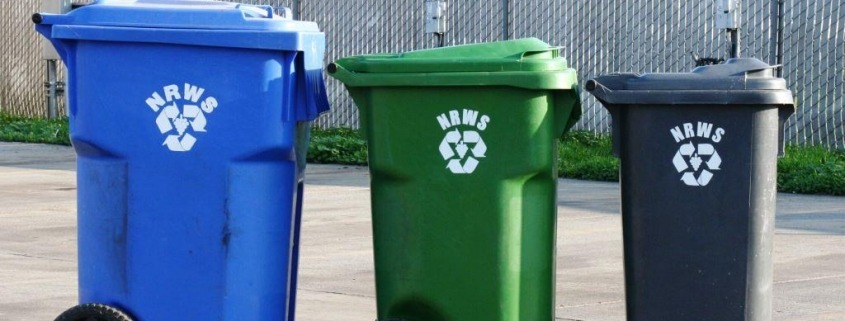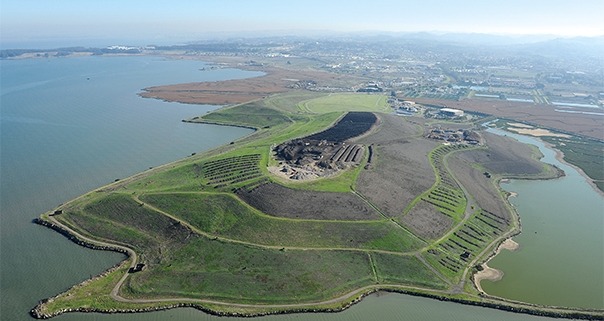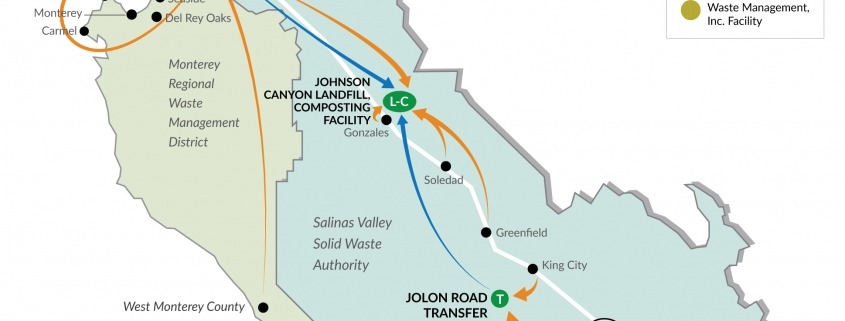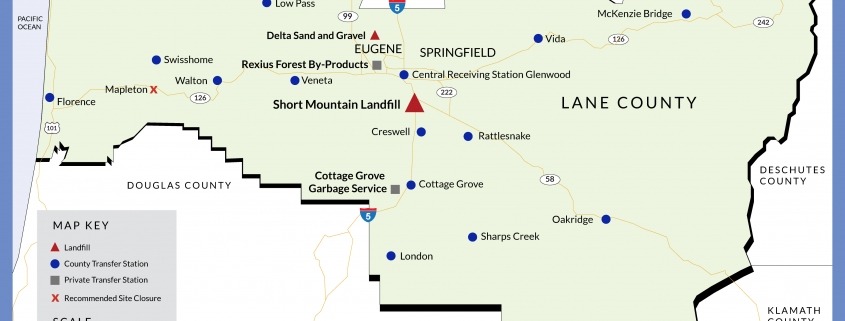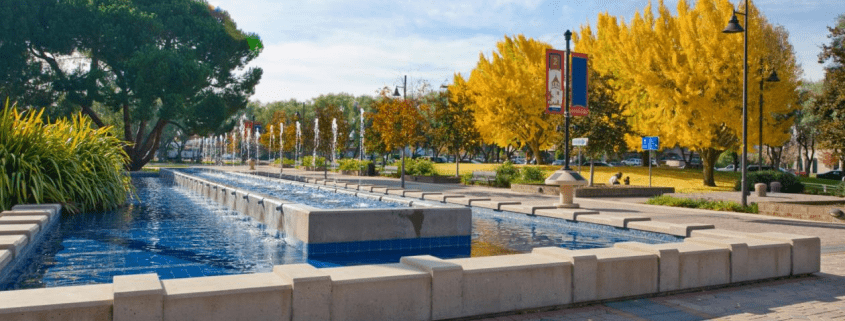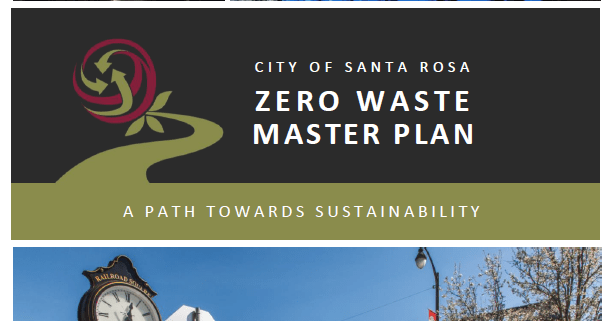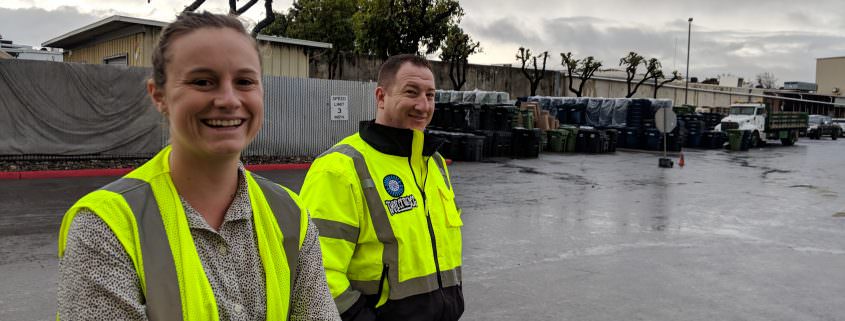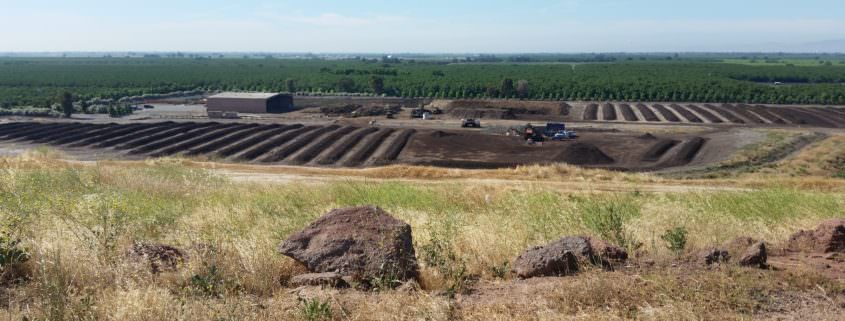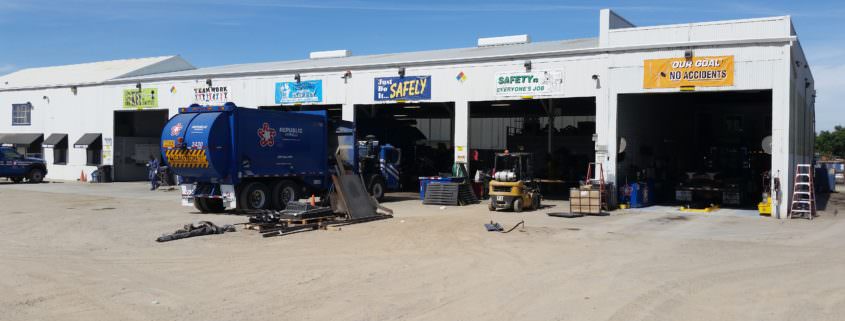Napa County (County) engaged R3 to conduct a Performance Review and Billing Audit of its franchised hauler Napa County Recycling and Waste Services (NCRWS) in 2009, 2013, and 2020. R3’s objectives were to determine the extent of NCRWS’ compliance with the Franchise Agreement, billing and remittance practices, and make recommendations to the County for improvement of services. NCRWS provides all commercial and residential solid waste, recycling, and green waste collection services in the unincorporated area of Southern Napa County.
The major objectives of R3’s Performance Review and Billing Audit of NCRWS were to:
- Determine the extent to which NCRWS has materially complied with the provisions of the Franchise Agreement;
- Verify that NCRWS is properly billing customers and accurately remitting payments to the County; and
- Make recommendations, as appropriate, for improvement of services.
As part of the review, R3 performed on-site reviews of records, conducted staff interviews, analyzed policies, procedures, and internal controls, and conducted field audits. A total of more than 140 separate contractual requirements were identified and reviewed.
In addition, the following aspects of NCRWS’ operations were reviewed:
- Management and Administration;
- Policies and Procedures, and Job Training;
- Safety Issues and Safety Record;
- Billing and Franchise Fee Payments;
- Collection Operations Efficiency and Roll-Off Box Service Management;
- Public Education and Diversion Plans; and
- Vehicle Maintenance, Repair and Replacement.
R3 also compared NCRWS’ performance for various safety, customer service, collection productivity, diversion rate, and vehicle maintenance benchmarks to the industry standards.
As a result of our reviews, Napa County gained the following benefits:
- Determination of NCRWS’ contract compliance;
- Verification that NCRWS is properly billing customers and accurately remitting payments to the County;
- Review of performance for various safety, customer service, collection productivity, diversion rate, and vehicle maintenance benchmarks to the industry standards; and
- Recommendations for improvement of services.

